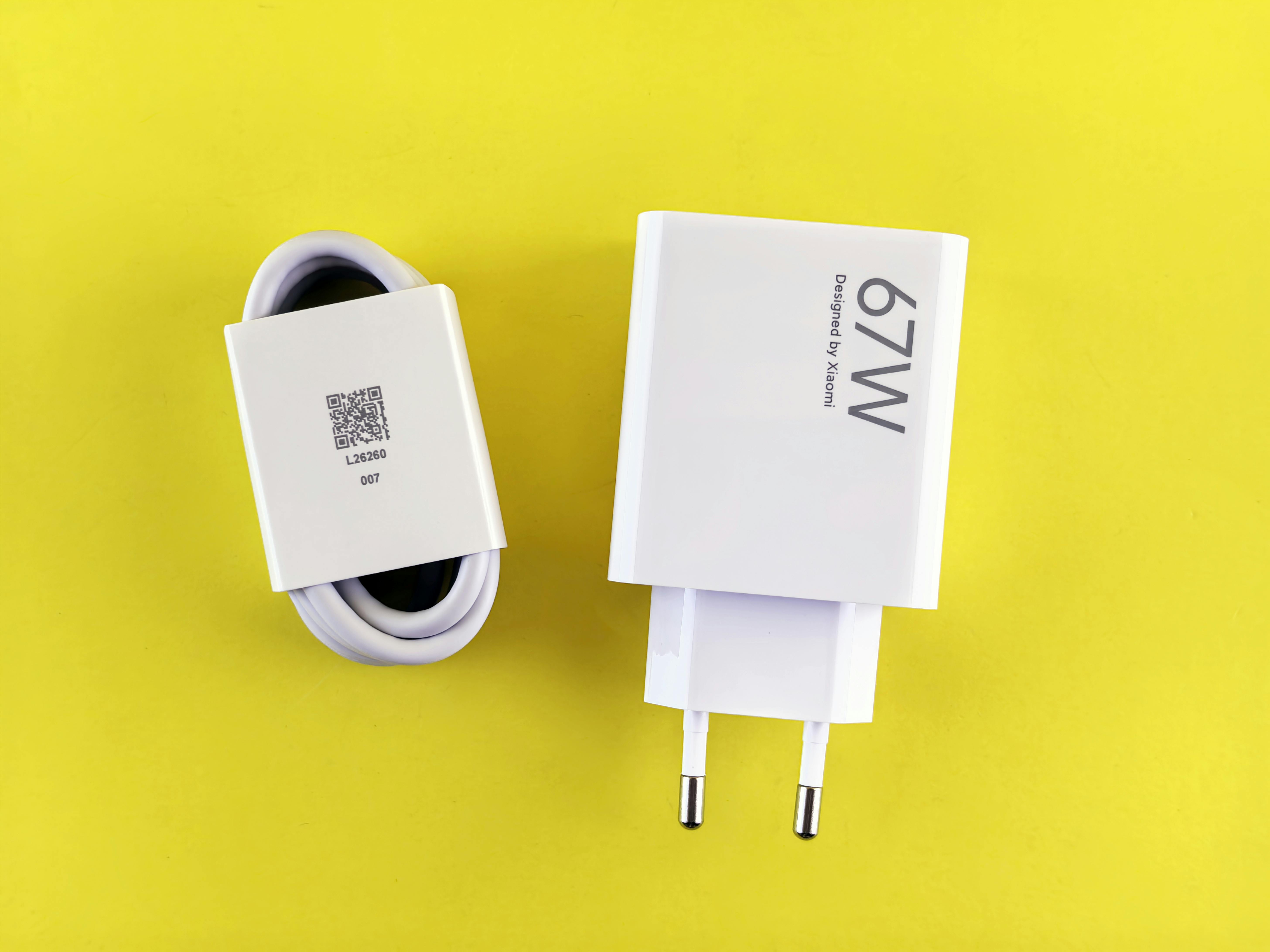The Complete Guide to Fasting
So, you’ve heard about fasting and are curious about how it can benefit your health. Fasting is an age-old practice that has been used for various purposes throughout history. In this guide, you will discover everything you need to know about fasting and how you can incorporate it into your lifestyle for a natural detox.

What is Fasting?
Fasting is the practice of voluntarily abstaining from food and sometimes drink for a specified period. This practice is not just about depriving yourself of food but is a way to give your digestive system a break and allow your body to focus on repair and detoxification. Fasting can range from intermittent fasting, where you have set eating and fasting periods, to longer water fasts lasting several days.
Benefits of Fasting
Fasting has been shown to have various health benefits that go beyond just weight loss. Some of the benefits of fasting include improved metabolic health, increased weight loss, enhanced brain function, lowered inflammation, and reduced risk of chronic diseases. There is also evidence to suggest that fasting can help regulate blood sugar levels, improve heart health, and even slow down the aging process.
Types of Fasting
There are several different types of fasting that you can explore to find what works best for you. Some popular forms of fasting include:
- Intermittent Fasting: This involves cycling between periods of eating and fasting. Common methods include the 16/8 method where you fast for 16 hours and eat within an 8-hour window.
- Water Fasting: This is a more extreme form of fasting where you only consume water for an extended period, usually ranging from 24 hours to several days.
- Juice Fasting: This involves consuming only freshly squeezed fruit and vegetable juices for a certain period, usually lasting 1-3 days.
- Dry Fasting: This is the most extreme form of fasting where you abstain from both food and water for a specified period, typically ranging from 12 to 24 hours.
How to Start Fasting
If you’re new to fasting, it’s important to start slowly and gradually work your way up to longer fasts. Here are some tips to help you get started:
- Listen to Your Body: Pay attention to how your body responds to fasting and make adjustments as needed. If you feel lightheaded or weak, it may be a sign that you need to break your fast.
- Stay Hydrated: Make sure to drink plenty of water during your fast to stay hydrated and help flush out toxins.
- Eat a Balanced Diet: When you’re not fasting, focus on eating a balanced diet rich in fruits, vegetables, whole grains, and lean proteins to support overall health.
- Consult a Healthcare Professional: If you have any underlying health conditions or concerns, it’s a good idea to speak with a healthcare provider before starting a fasting regimen.

Tips for a Successful Fast
Fasting can be challenging, especially when you’re just starting out. Here are some tips to help you have a successful fast:
- Stay Busy: Keeping yourself occupied can help take your mind off food and make the fasting period more manageable.
- Focus on Your Goals: Remind yourself why you’re fasting and stay focused on the health benefits and goals you want to achieve.
- Find Support: Joining a fasting group or having a fasting buddy can provide accountability and encouragement during your fasting journey.
- Be Patient: Results may not come overnight, so be patient with yourself and give your body time to adjust to the fasting regimen.
Precautions and Considerations
While fasting can have many benefits, it’s not suitable for everyone, especially those with certain health conditions. Here are some precautions and considerations to keep in mind before starting a fasting regimen:
- Pregnancy and Breastfeeding: Pregnant or breastfeeding women should avoid fasting as it can deprive both the mother and baby of essential nutrients.
- Medical Conditions: If you have diabetes, low blood pressure, eating disorders, or any other chronic medical conditions, consult with a healthcare provider before fasting.
- Medication: Some medications may require food to be taken with them, so check with your healthcare provider to ensure fasting won’t interfere with your medications.
- Age: Children and teenagers should avoid fasting as they are still growing and need a steady supply of nutrients for optimal development.

Breaking Your Fast
How you break your fast is just as important as the fast itself. It’s crucial to reintroduce food slowly to avoid digestive issues and allow your body to adjust. Here are some tips for breaking your fast:
- Start Light: Begin with easily digestible foods such as fruits, vegetables, and soups to ease your digestive system back into eating.
- Avoid Heavy Meals: Steer clear of heavy or greasy foods that can overload your digestive system after a fast.
- Listen to Your Body: Pay attention to how your body reacts to different foods and make adjustments based on how you feel.
- Stay Hydrated: Drink plenty of water to stay hydrated and help support the detoxification process.
Integrating Fasting into Your Lifestyle
Fasting doesn’t have to be a one-time event but can be integrated into your lifestyle for long-term health benefits. Here are some ways you can incorporate fasting into your routine:
- Set a Schedule: Determine a fasting schedule that works best for your lifestyle, whether it’s intermittent fasting daily or a longer fast once a month.
- Meal Prep: Plan your meals ahead of time to ensure that you have healthy, balanced options available when you break your fast.
- Track Your Progress: Keep a journal or use a fasting app to track your progress, set goals, and stay motivated.
- Listen to Your Body: Pay attention to how your body responds to fasting and adjust your regimen accordingly to support your overall health.
Final Thoughts
Fasting is a powerful tool for achieving natural detoxification, weight loss, and overall health benefits. By understanding the different types of fasting, how to start and break a fast, and integrating fasting into your lifestyle, you can reap the rewards of this ancient practice. Remember to listen to your body, consult with a healthcare provider if necessary, and stay committed to your fasting goals for long-term success.









